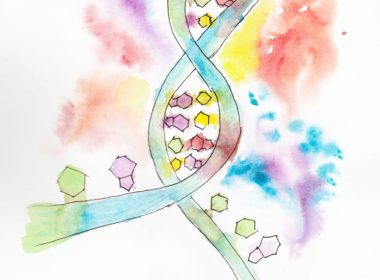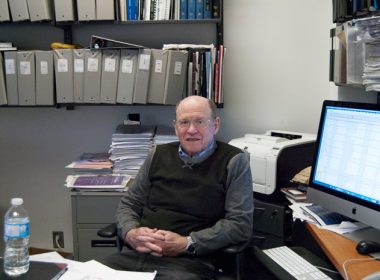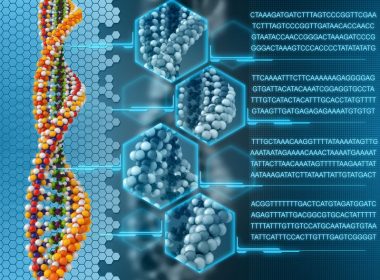Proteins are the workhorses of our cells, responsible for a vast array of functions that keep us alive and healthy. From building muscle to fighting disease, their intricate shapes determine their specific roles. Although the task has so far eluded scientists, they hope to ultimately incorporate lab-designed proteins into personalized[Read More…]
Tag: proteins
mRNA acts as marker in Alzheimer’s patients
Through mathematical modeling and collaboration with scientists at the University of California San Francisco (UCSF), McGill researchers, including Rached Alkallas, graduate student in the Department of Human Genetics and the primary author of the seminal study published in Nature Communications, have identified a protein that sharply decreases in patients with[Read More…]
The mitochondria: More than just the “powerhouse of the cell”
The cells in our bodies perform functions that have yet to be fully understood. These structures which have existed for two billion years continue to baffle the scientific community. The mitochondria, an organelle with many unique features and functions, has been a topic of widespread research ever since its discovery[Read More…]
Research briefs: pictures of proteins, rape culture, and Reddit
First ever picture of a protein The study of proteins has always been essential to understanding diseases. Proteins, which are the little worker bees of the human body are responsible for cleaning out debris, transporting vitamins and nutrients, and even fighting off foreign invaders. Because the function of an individual protein is[Read More…]
Biochemist Nahum Sonenberg favours the prepared mind
McGill Biochemistry Professor Nahum Sonenberg likes asking simple questions. He believes that every problem can be broken down into pieces and put together like a puzzle to answer a bigger issue. “Always ask a simple question to get a simple answer,” Sonenberg said. “If you […] want to look at[Read More…]
Bioinformatics is changing the experimental process
Every iPhone has a processor that is roughly 10 times faster than the Apollo Guidance Computer, used during the first moon landing. The IBM 7090, considered the fastest supercomputer in the 60s, would fail to keep up with today’s smartest watches. Computational power has grown exponentially over the years, but[Read More…]









